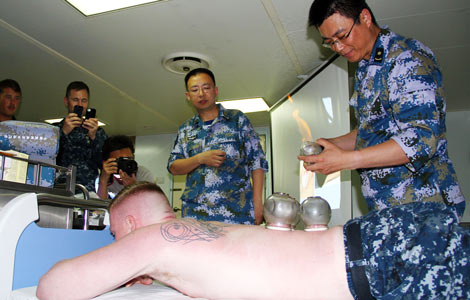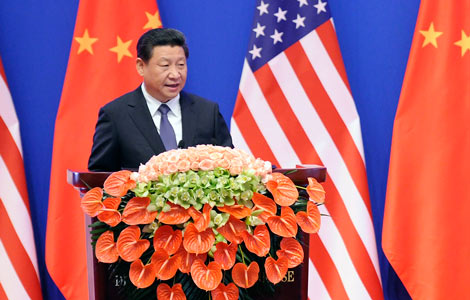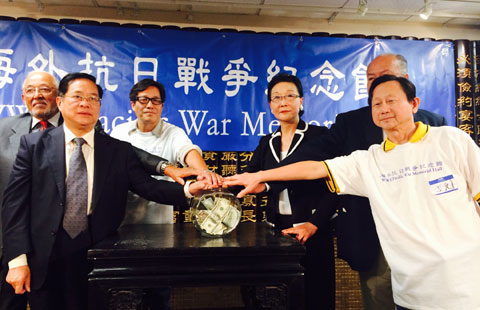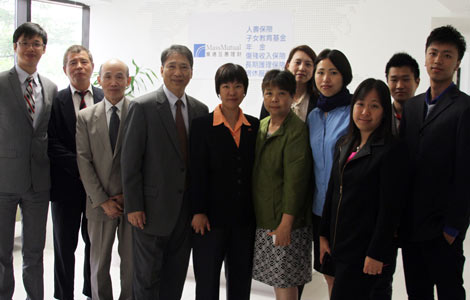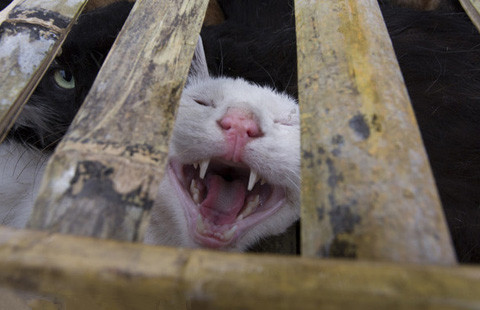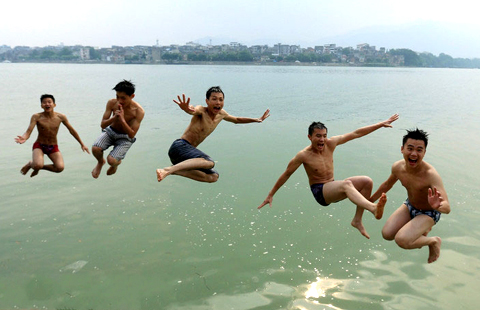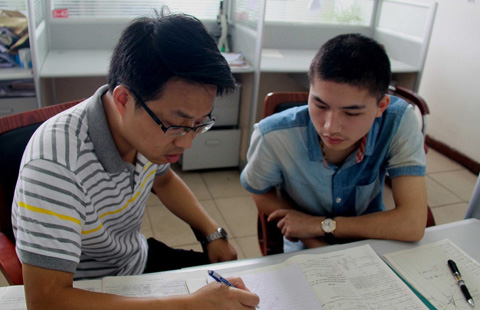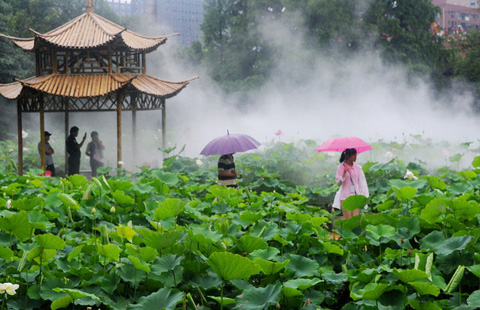Iraq says 'terrorist groups' seized nuclear materials
Updated: 2014-07-10 09:08
(Agencies)
|
||||||||
UNITED NATIONS - Insurgents in Iraq have seized nuclear materials used for scientific research at a university in the country's north, Iraq told the United Nations in a letter appealing for help to "stave off the threat of their use by terrorists in Iraq or abroad."
Nearly 40 kilograms (88 pounds) of uranium compounds were kept at Mosul University, Iraq's UN Ambassador Mohamed Ali Alhakim told UN Secretary-General Ban Ki-moon in the July 8 letter.
|
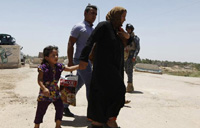 US sends 300 more troops to Iraq over security concerns |
"Terrorist groups have seized control of nuclear material at the sites that came out of the control of the state," Alhakim wrote, adding that such materials "can be used in manufacturing weapons of mass destruction."
"These nuclear materials, despite the limited amounts mentioned, can enable terrorist groups, with the availability of the required expertise, to use it separate or in combination with other materials in its terrorist acts," said Alhakim.
He warned that they could also be smuggled out of Iraq.
A US government source familiar with the matter said the materials were not believed to be enriched uranium and therefore would be difficult to use to manufacture into a weapon. Another US official familiar with security matters said he was unaware of this development raising any alarm among US authorities.
A Sunni Muslim group known as the Islamic State is spearheading a patchwork of insurgents who have taken over large swaths of Syria and Iraq. The al Qaeda offshoot until recently called itself the Islamic State in Iraq and the Levant (ISIL).
"The Republic of Iraq is notifying the international community of these dangerous developments and asking for help and the needed support to stave off the threat of their use by terrorists in Iraq or abroad," Alhakim wrote.
Iraq acceded to the Convention on the Physical Protection of Nuclear Material on Monday, said the International Atomic Energy Agency (IAEA). The convention requires states to protect nuclear facilities and material in peaceful domestic use, storage and transport.
"It also provides for expanded cooperation between and among states regarding rapid measures to locate and recover stolen or smuggled nuclear material, mitigate any radiological consequences of sabotage, and prevent and combat related offences," according to the IAEA.
Most Viewed
Editor's Picks

|

|

|

|

|

|
Today's Top News
Xi: World big enough for two great nations
Chinese are No 1 buyers of US residential property
Xi calls for deeper ties with US
China to accelerate treaty with US: Xi
Removing barriers a win-win step for China, US
Open road ahead for unmanned, robot vehicles
Alibaba's invitation-only website finds a US niche
Climate change new engine of China, US ties
US Weekly

|

|
